
S. Venkataiah

68 books

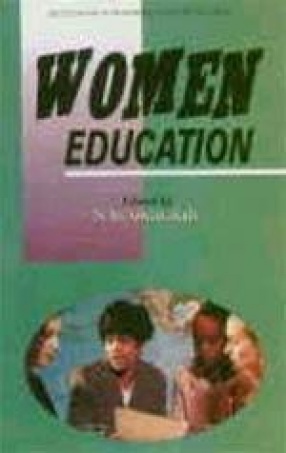

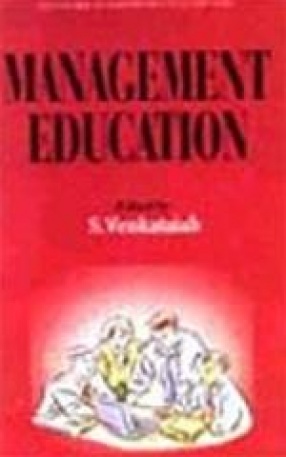
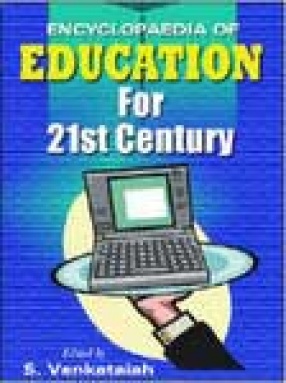




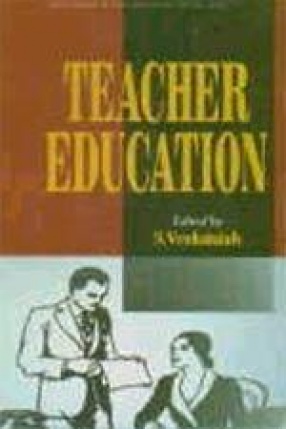

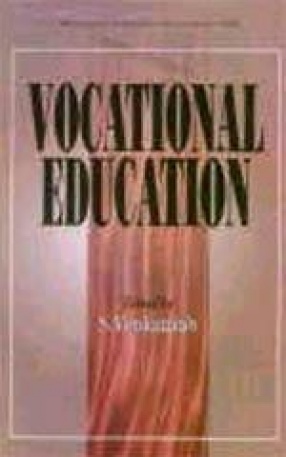

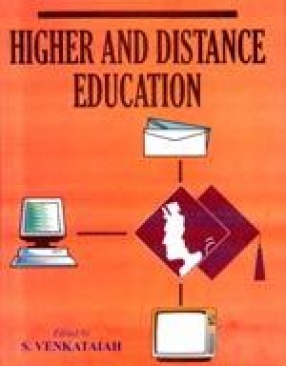




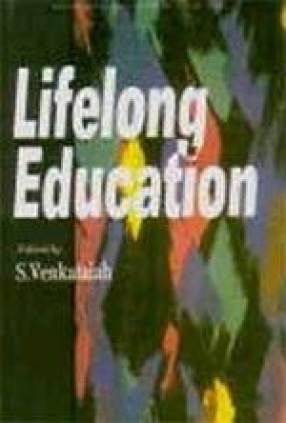
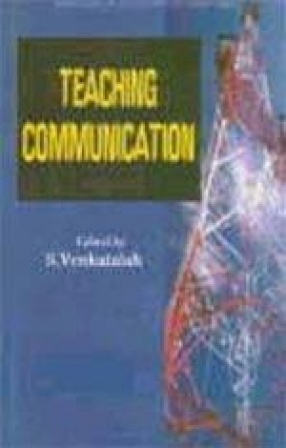
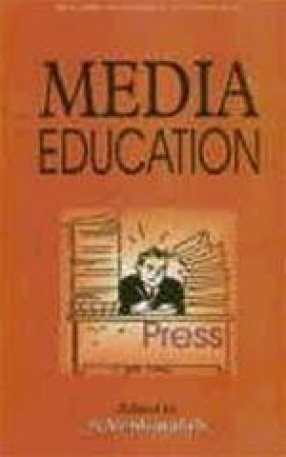


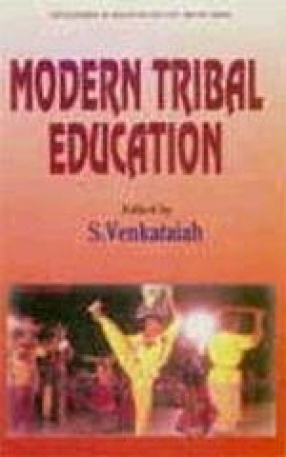


Women constitute half the world population, perform nearly two-third of its work hours, receive one-tenth of the world’s income and own less than one-hundredth of the world’s property. Under such pathetic scene to uplift the condition of women on par with men—only education can help. Besides the academic value, this will prove a dependable reference tool to policy planners and administrators.








In the realm of education ‘teacher’ possesses the key role. Hence the need of teacher-training. The teacher should take note of the interests, skills and knowledge of each learner and gently guide his explorations into different fields of knowledge. The teacher should learn to view knowledge as a unified field and not perpetuate its arbitrary segmentation. The teacher should develop empathy for the first and second generation learners. The teacher must find ...


Vocational education or training which is currently the real demand, is a nebulous term having differing concepts and meanings. These have arisen from traditional practices and the meaning of terms used and their implication. Basic differences for certain practices and relationships in vocational or occupational education are fundamental in nature and programmes. Vocational education is education/training of workers. It is the education for manual work. It is ...


Is to undergo higher education without any planning beneficial or fruitful? Can 'distance education' be exact alternate option for conventional higher education? These are really vital issues the society has seriously to ponder over. The present book is an attempt to answer these queries in the modern context. Distance education; Teaching and learning in higher education; Distance education: Theory and practice; Opportunities in higher ...





Education is a social and collective enterprise which always carries with it either explicit or implicit substantive goals or ends. While ‘Lifelong education’ is an overall approach of formal and informal education from childhood to the third age of man. Here in the present book, fundamental concepts and principles, aims and objectives of lifelong education are elaborated pros and cons. Highly rich and well-researched information is logically organised in six ...

Etymologically, communication is to impart or exchange thoughts, feelings, or ideas by speech, writing, gestures etc. Daily we communicate with others and inform them our experiences, our thoughts, our ideas, our feelings, our beliefs and our values etc. Teaching Communication contains well researched material on some crucial issues like—language and communication; rhetoric; nonverbal communication; teaching materials, mass communication; oral ...

In our schools and libraries we are most concerned with media, many resources which are used in teaching and learning. Hence the name educational media. Educational technology is a systematic way of designing, carrying out and evaluating the total process of learning and teaching in terms of specific objectives, based on research in human learning and communication. In the present age, when scientific developments have made the human life comfortable yet complex, ...

Health educators use three broad approaches to assist people to maintain their health. Nutritional care is an integral part of each of these approaches. The focus of nutritional care on providing the clients with appropriate kinds and amounts of food, on promoting the client’s comfort, and on providing education for them. Providing for client’s nutritional health is the mutual responsibility of physicians, dietitians, nurses ...

A systematic and conceptually based programme intended to impart information, awareness, or skills to the participants on aspects of parenting is parent education. A major goal of parenting becomes, to help child to grow into an adequate human being who feels a sense of self-significance. The use of democratic child rearing practices recommended by Dreikurs has the potential to help a child to grow in a worthy human being. It does, however, require that parents ...

Tribals i.e. the aboriginal people constitute around 7 per cent of the population of the country. They are backward in all respects—hence the need of special modern education for them. Since tribals still profess their ancient religion and unique life pattern, special efforts are needed to educate them. The present book is devoted to the modern education of tribals. Undoubtedly, this will prove a veritable mine of information to academics, researchers, policy ...
